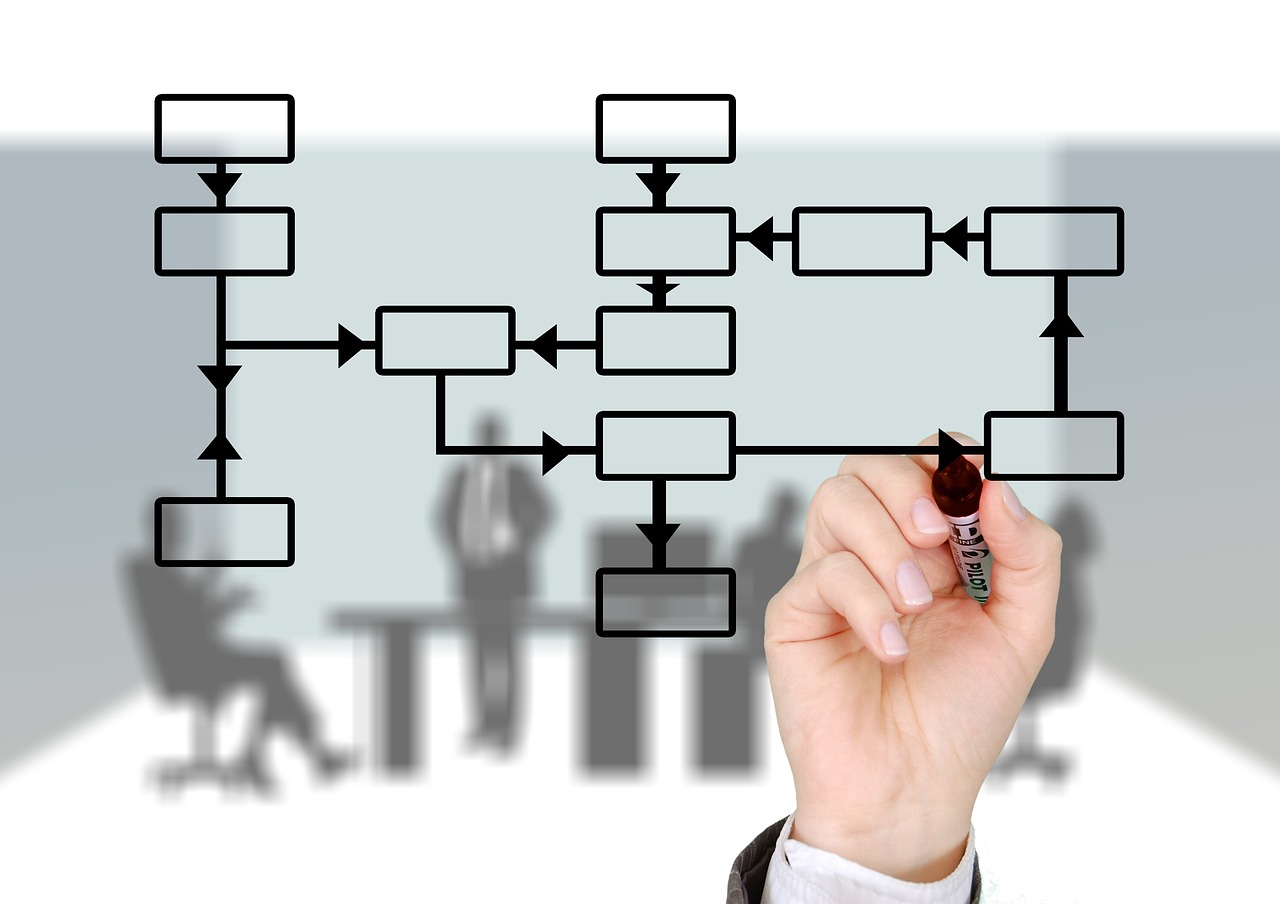Table of Contents
Lifelong learning and career development are essential for navigating the ever-changing landscape of today’s world. This journey helps you acquire new skills, adapt to changes, and remain competitive in your chosen field.
• Understanding Lifelong Learning
Lifelong learning refers to the continuous pursuit of knowledge and skills throughout one’s life. Unlike traditional education, which often ends after school or university, lifelong learning is ongoing and self-motivated. It comes in many forms, including online courses, workshops, reading, attending conferences, and engaging in meaningful discussions.
• The Role of Technology
Technology has revolutionized lifelong learning and career development. The internet provides access to an almost limitless pool of information and educational resources. Websites like Coursera, Udemy, and Khan Academy offer affordable and sometimes even free courses on a wide range of subjects. These platforms allow you to learn at your own pace and tailor your education to your specific needs. Also, tech tools like podcasts, webinars, e-books, and educational YouTube channels offer flexible learning options that fit into busy schedules. Social media platforms like LinkedIn offer networking opportunities and valuable industry insights that are crucial for career development. Thanks to technology, continuous learning is more accessible than ever before, making it easy to stay updated and improve your skillset on a regular basis.
• Building a Skillset
Building a diverse, robust skillset is invaluable for career development. Employers look for candidates who possess a mix of hard and soft skills. Hard skills are the specific, teachable abilities that are easy to quantify, like computer programming or data analysis. On the other hand, soft skills are interpersonal attributes, like communication, teamwork, and problem-solving. Both types are crucial for a thriving career. Start by identifying your industry needs through job descriptions and market trends. Then, focus on acquiring these skills through relevant courses, training, and practice. Many organizations offer employee development programs designed to help employees gain new skills. Additionally, volunteering and internships offer practical experience that can enhance your resume. Remember, the skills you develop today can open doors to opportunities you might not have considered before.
• Networking and Mentorship
Networking and mentorship are vital components of career development. Networking helps you build professional relationships that can provide support, advice, and job opportunities. Attending industry conferences, joining professional organizations, and connecting with like-minded individuals on social media can expand your network. Building meaningful connections means more than just exchanging business cards; it’s about establishing rapport and building trust over time. Mentorship, on the other hand, offers personalized guidance and insights tailored to your career path. A good mentor can provide invaluable advice, share their experiences, and help you navigate your professional journey more effectively. They can also offer a different perspective that can help you see opportunities and challenges in a new light. Together, networking and mentorship can significantly enhance your career development efforts, helping you achieve your professional goals faster and more efficiently.
• Setting and Achieving Career Goals
Setting clear, achievable career goals is crucial for long-term success and satisfaction. Begin by identifying your interests, strengths, and values to understand what you genuinely want from your career. Next, set specific, measurable, attainable, relevant, and time-bound (SMART) goals to guide your career progression. Having a well-defined roadmap can help you stay focused and motivated, making it easier to track your progress. Break down larger goals into smaller, manageable tasks. Celebrate small wins along the way to keep your motivation high. Additionally, regularly review and reassess your goals to ensure they remain aligned with your evolving interests and circumstances. Continuous learning and career development should be an integral part of this journey, as they can introduce new possibilities and aspirations. Remember, the key to achieving your career goals lies in persistent effort, resilience, and an unwavering commitment to personal and professional growth.
